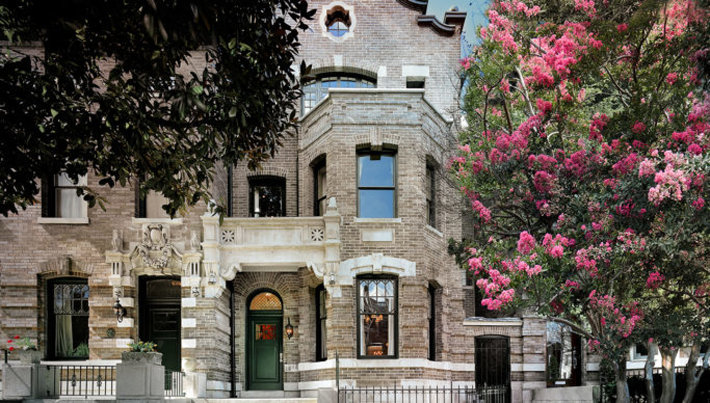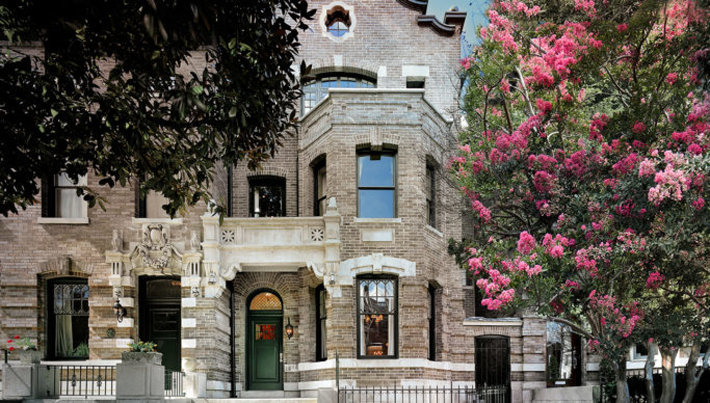
This article was originally published on World Religion News and is published here with their permission.
This 4th of July Americans will celebrate in the traditional ways—ballgames, barbecues, fireworks, parades—an event that happened nearly two-and-a-half centuries ago. More accurately we mark the birth of an idea. For the 4th of July 1776 was not a military victory, nor a triumphant takeover of a repressive government. No blood was spilled, no fortresses were stormed on that day. A group of people simply agreed on something and set that something down in writing for the world to see.
We, distinct from any other nation, set off our fireworks in celebration of a thing that itself has no anatomy, no structure, and cannot be measured in meters or miles or milliseconds. That thing is freedom.
As Scientologists, we embrace the value of freedom, and so this date has special meaning to us. On the 4th of July 1955, the Founding Church of Scientology in Washington, D.C., opened its doors as the first fully established center of training and pastoral counseling of our religion, and as the Church’s first international headquarters. L. Ron Hubbard’s choice of date and location was deliberate and intentional. As the Church’s ecclesiastical leader, David Miscavige, noted at a dedication ceremony in the Nation’s capital in 2012, “Just as this nation was founded upon the principles of Life, Liberty and the pursuit of Happiness, so too those principles are woven into the very fabric of our Scripture.”
Freedom is a recurring theme throughout Scientology, and all Scientology roads lead to freedom—whether it’s via helping others or becoming one’s best version of oneself. None of these are possible without achieving greater freedom.
Mr. Hubbard made the relationship between freedom and optimum survival crystal clear when he wrote: “Each and every impulse of freedom is an impulse toward sanity, toward health, toward happiness.” He further said that “it is a wonderfully observable fact that the one impulse in Man which cannot be erased is his impulse toward freedom.”
My introduction to Scientology long ago was through this very Church, the Founding Church of Scientology of Washington, D.C. Like any young person, I had my complaints and frustrations. I looked at the Founding Church as my harbor, my safe place to get a leg up on these things and better myself. Later, as a pastoral counselor at the Founding Church, listening to others talk of their challenges and adversity, then watching their relief and joy as I applied Mr. Hubbard’s technology to them, it dawned on me: What everyone wants—no matter how they say it, and no matter how it’s said—timidly, hopelessly, defiantly, or angrily—what they truly want is the same thing: freedom. Greater freedom, spiritual freedom—the kind of freedom that permits one to fully and effectively act in pursuit of one’s dreams and happiness in harmony with others.
As we celebrate this 4th of July we celebrate, too, the reality and importance of freedom—spiritual freedom—for everyone, everywhere, regardless of one’s faith or belief.
_______________
From its beginnings, the Church of Scientology has recognized that freedom of religion is a fundamental human right. In a world where conflicts are often traceable to intolerance of others’ religious beliefs and practices, the Church has, for more than 50 years, made the preservation of religious liberty an overriding concern.
The Church publishes this blog to help create a better understanding of the freedom of religion and belief and provide news on religious freedom and issues affecting this freedom around the world.
The Founder of the Scientology religion is L. Ron Hubbard and Mr. David Miscavige is the religion’s ecclesiastical leader.
For more information visit the Scientology website or Scientology Network.

